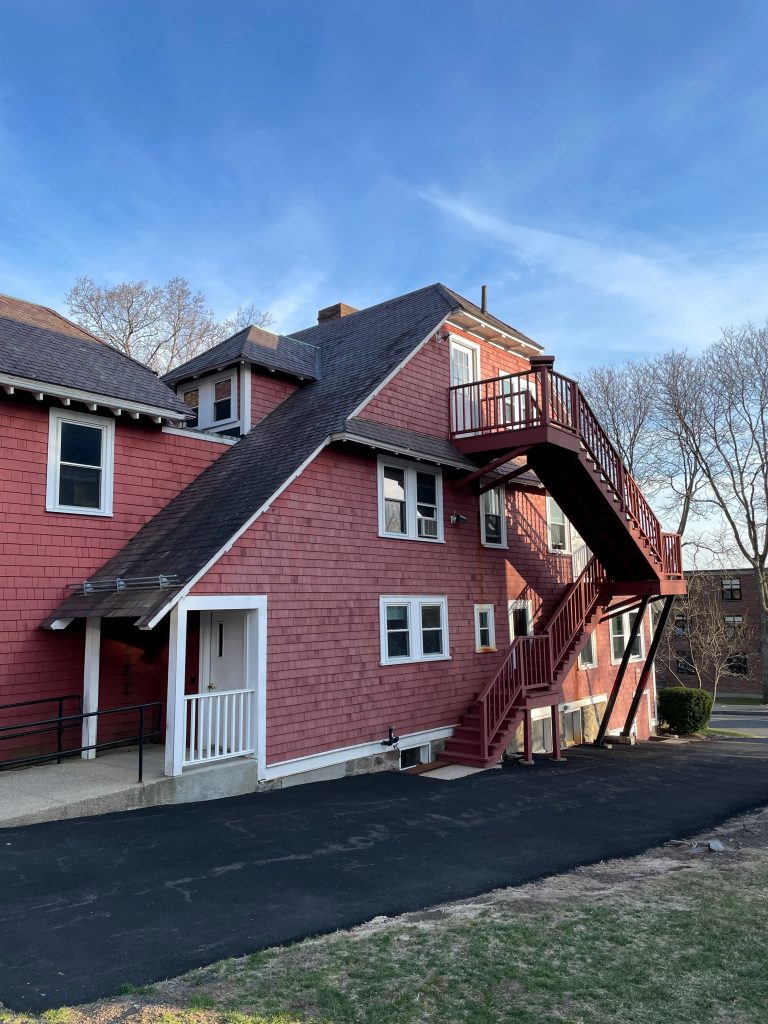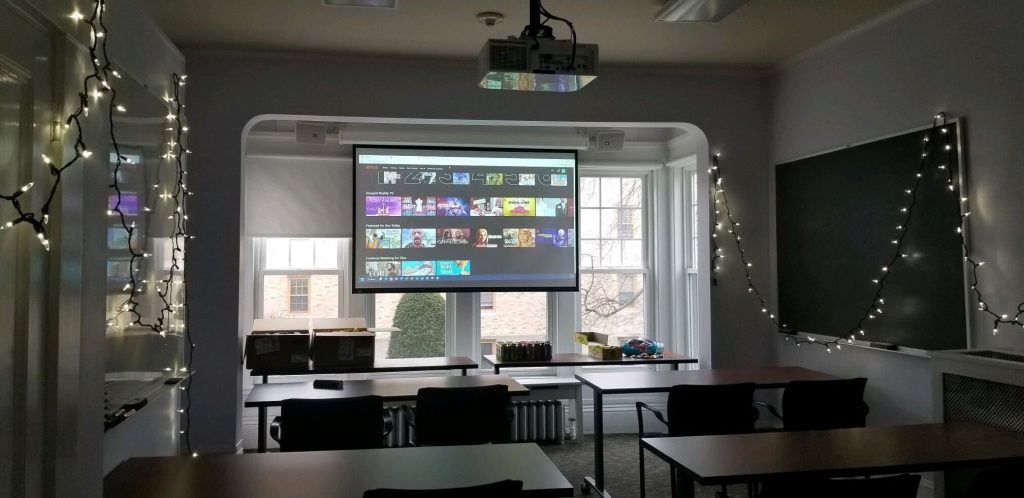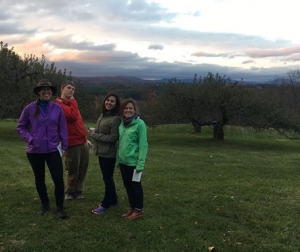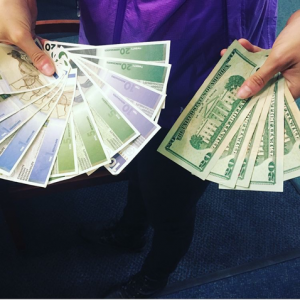Tiffany Wu, Environmental Policy & Planning M.S. Candidate

Photo Credit: Tiffany Wu
I’d like to highlight a couple of the graduate student organizations we have at the Department of Urban and Environmental Policy and Planning!
1. Student Planning Association (SPA)
This group plans coffee chats, networking events, alumni panels, and campus activities related to the planning field. Each university accredited by the Planning Association Board (PAB) requires an ongoing planning group run by students, but SPA goes beyond that to create a welcoming community for students who would like the option to get more involved on campus and meet more members of our approximately 60-person cohorts. The organization is focused on professional development but also has ongoing plans for community-wide events, such as a proposed fall retreat. If you’re a student joining the program, chances are you’ll first get to encounter events organized by the Student Planning Association during the early weeks of fall semester onwards.
2. People of Planning (POP)
This group is intended to be a BIPOC organization for students of color who are in the planning field. Because students of color have historically had access to fewer opportunities in this field and may find it daunting to figure out next steps while pursuing their career path, People of Planning helps guide them through student events, presentations, and group activities. There are also exciting mixers with planning departments at other universities, such as get-togethers last semester with MIT DUSP and Harvard GSD at local breweries.
3. UEParty
This group plans the fun events that help students get to know each other and bond as a cohort. For example, there are holiday-themed events such as Pi / Pie Day and Palentine’s Day that are always a good time. There are also game day watch parties and monthly happy hours with snacks. Most events are held at the UEP department building, Brown House, at 97 Talbot Avenue. As a UEP student pursuing an MA/MS in Urban and Environmental Policy and Planning — one of the three “tracks” offered by the department, alongside the MS in Sustainability and the Master’s of Public Policy — these UEParty gatherings are often a good opportunity to catch up with other members of my graduate class I may not get to see as frequently.

All of these student groups work together closely with each other and faculty members to ensure events go smoothly and everyone is on the same page. If you are a potential urban planning, sustainability or public policy student, I would encourage you to learn more about these groups. There are also plenty of opportunities to start new student organizations at UEP, and we are also connected with the Tufts Graduate Student Council (GSC), which has its own slate of activities and monthly meetings.
I am involved with the Student Planning Association and it has been a fantastic experience. We meet twice a month and frequently touch base with POP and UEParty to catch up on ideas for upcoming events. No individual is an island at Tufts and neither are these student organizations!
Stay tuned for my next post about a curriculum feature that is unique to Tufts UEP — Field Projects!



